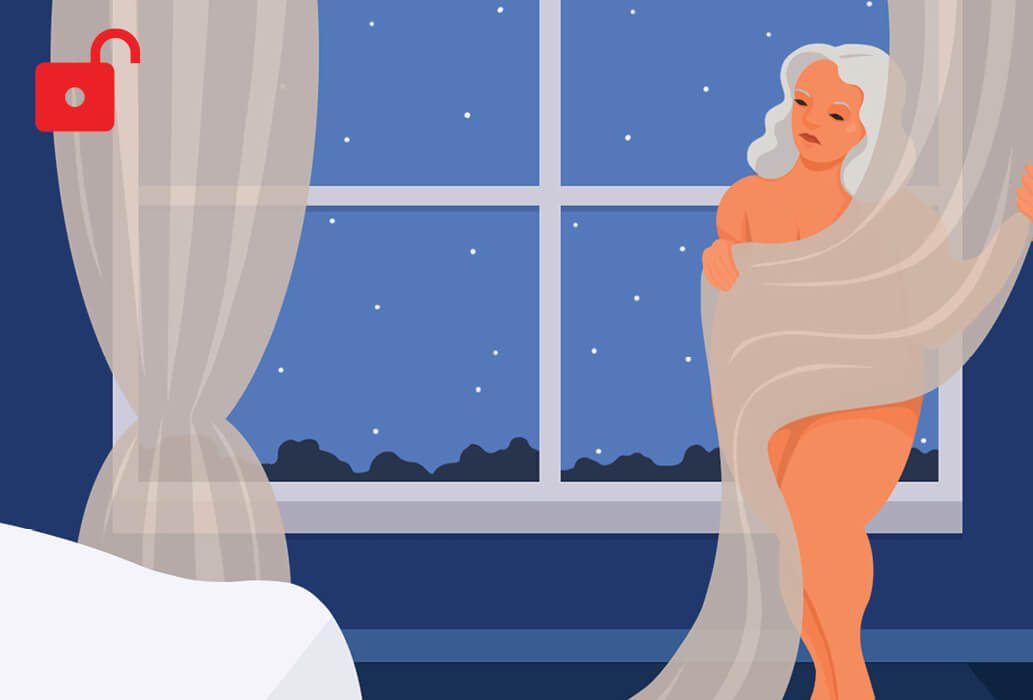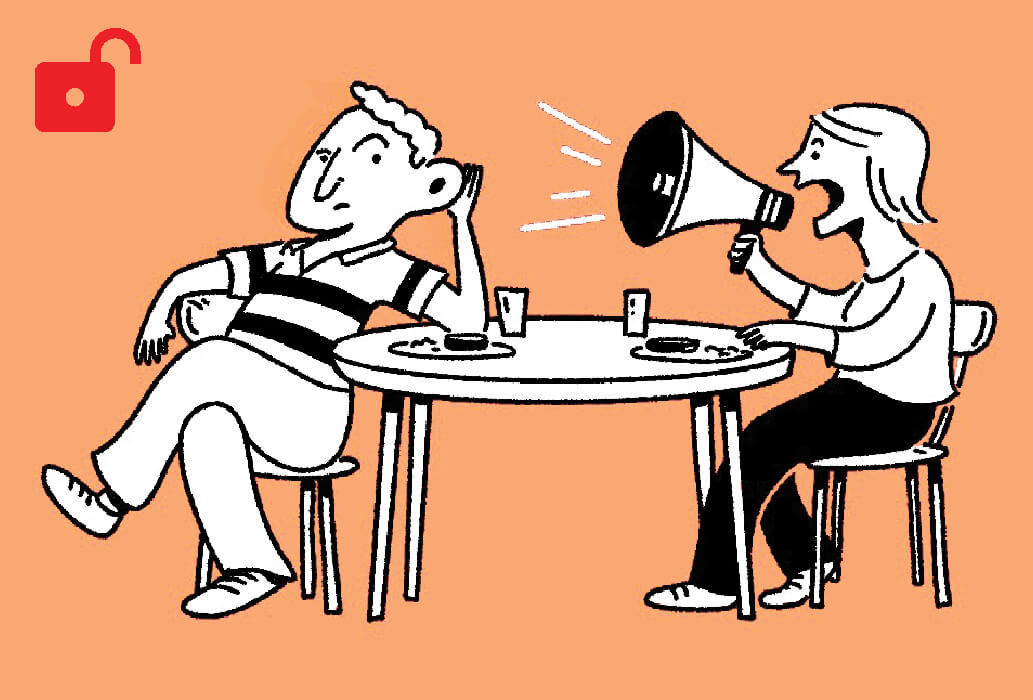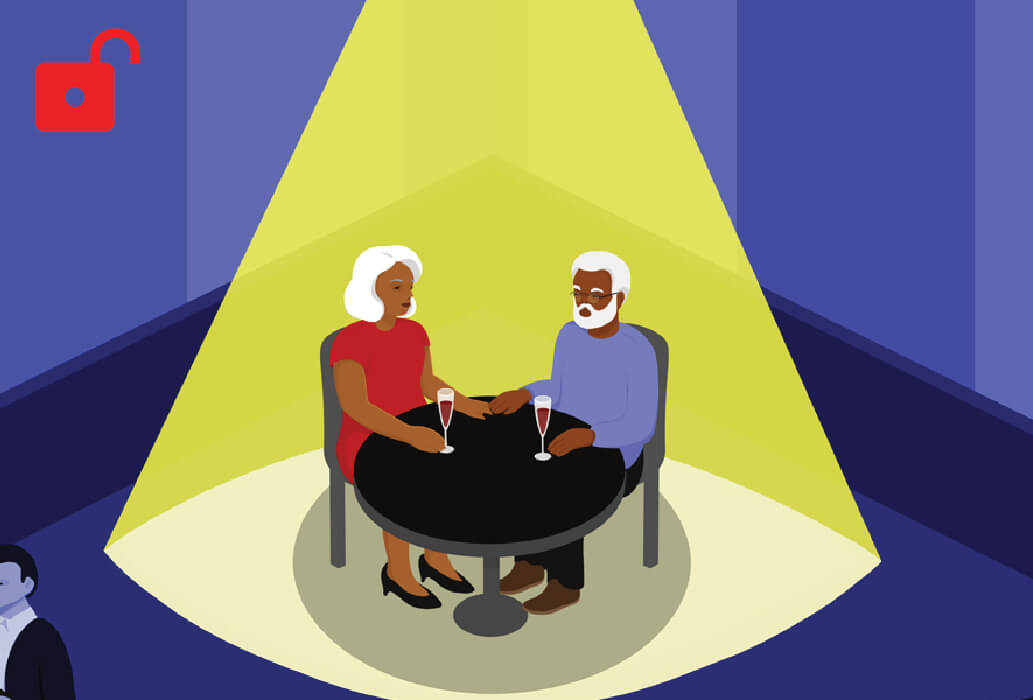Your Health
INTRODUCING ASK DR. ADAM ONLINE
A top internist and cardiologist answers your questions with doctor-tested tips

“During my appointments, my doctors are looking at a computer screen the whole time. How can I get them to really listen?”
Dr. Adam: It wasn’t always like this. My dad, who was also a doctor, would say, “Ninety percent of what we do is to engage with our patient in the consultation room, 7 percent is the examination and 3 percent is the blood work or lab tests—and those tests are basically only to confirm what we already suspect from having listened to our patient.” He taught me to make eye contact so my patient knows I am invested and I care. “Eye contact builds trust,” he said.
But we no longer teach these things. Now doctors are looking at a computer while they’re talking to their patient.
There are ways to get around this. I think one approach is to treat the doctor like a human being. It melts me when a patient simply says, “Adam, how are you?” “How’s the family?” “How’s your mom?” It instantly changes what’s going on between us from a strictly by-the-book health care dialogue to a much warmer exchange. This can be a wonderful moment to engage with your doctor. It can set a different tone for the rest of your visit.
I don’t think it’s rude for you to be more direct and say something like, “Doctor, I know you’ve had a busy day, so I’m trying to make this as easy and efficient for you as possible, but this is really important to me. I’m concerned about my health and need to feel a connection with you. I know the computer is important, but could you look at me so that I know that you hear me?”
You have to be delicate in how you say this, because you could get a doctor who turns around and says, “I’m doing the best I can.” That’s why, if you choose to use this approach, you want to be careful not to sound confrontational. As you probably know, often when people say, “Look at me when I’m talking,” it comes off in a negative way. You definitely want to avoid that.
If you feel uncomfortable being so direct, try writing down the questions you need answered, then make a copy of your list. When you’re together, hand one copy to your doctor, and while you’re doing it, make that critical eye contact. You might say something like, “This appointment is so important to me, and I know how busy you are, so I’ve brought a good list. I’ve laid out my questions, my concerns, and what my family and friends have noticed may be a problem. Can we go through it together one by one?”
Another option that is increasingly available is telemedicine. I often joke with my patients that telemedicine is the ultimate form of listening. Since doctors can’t give you an actual physical exam during remote appointments, they’re forced to put all their attention into looking directly at you through their computer screen—and listening.
Finally, I don’t think it’s inappropriate for me to say that if you’re not feeling like your doctor is listening to you, you’re probably not going to be comfortable or trust in the relationship—and it’s not going to be effective or do you any good. If this is the case, and you have the option, you may want to seek out another health care provider. But I know that’s not always possible.
The one thought I want to leave you with is this: Your doctors are probably listening, despite the fact that they’re staring at the screen. Try to open that dialogue between you. Once you have a dialogue, you have an interaction, and you have their attention.

Adam B. Rosenbluth, M.D., practices and teaches in New York City. Each Monday online, he weighs in on your questions about how to make your body work better for you.
For more advice columns, go to aarp.org/MembersEditionBUL

Can I Get My Groove Back?
Help! I don’t like my body after menopause, and it’s ruining my sex life. aarp.org/inthemood

They Need a Hearing Test?
Find strategies for convincing loved ones that it may be time for a hearing aid. aarp.org/askdradam

Dating as a Widow?
There’s no set time frame for dating after the death of your partner. aarp.org/inthemood
Need help? Visit aarp.org/MembersEditionHelp or call 877-846-3261